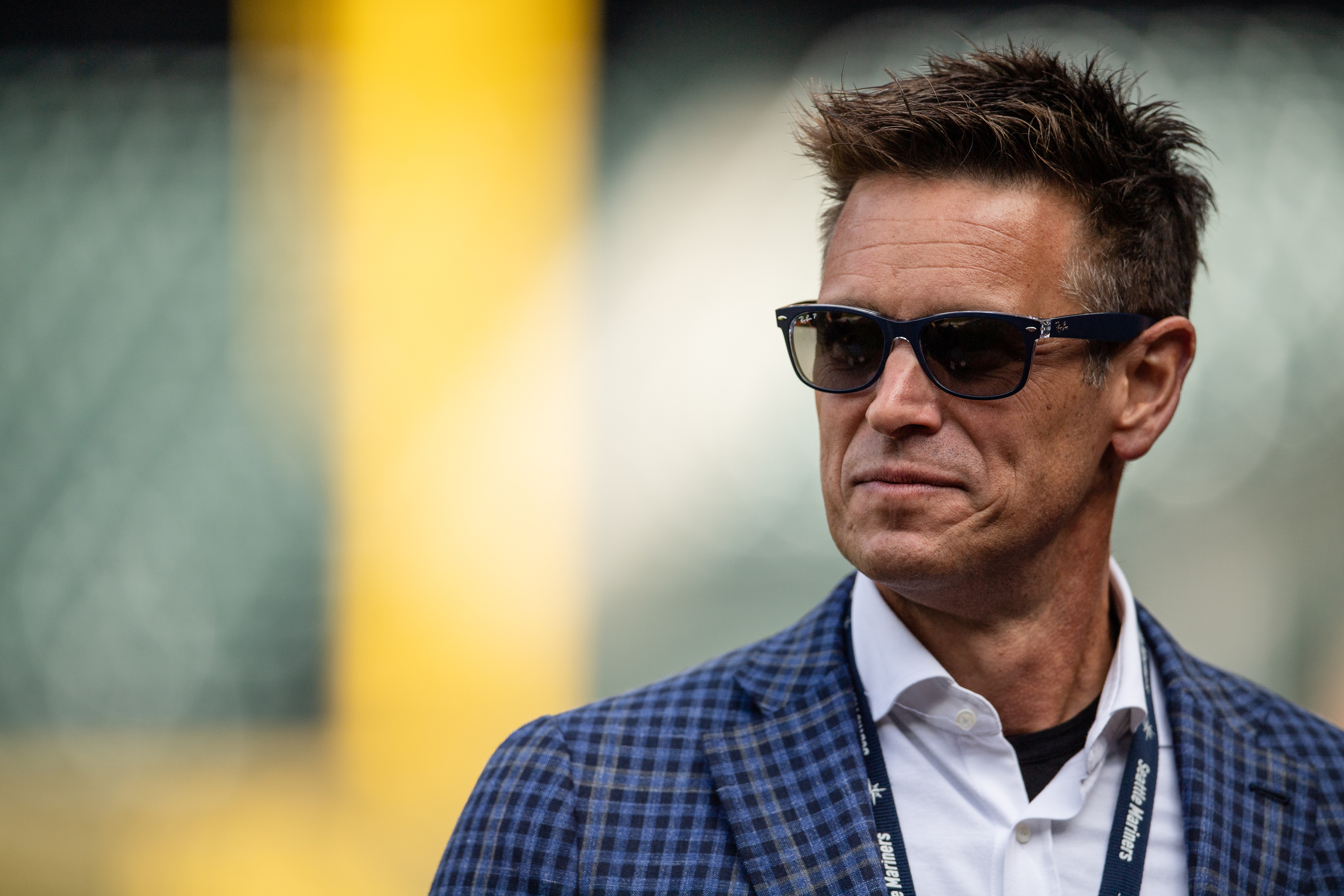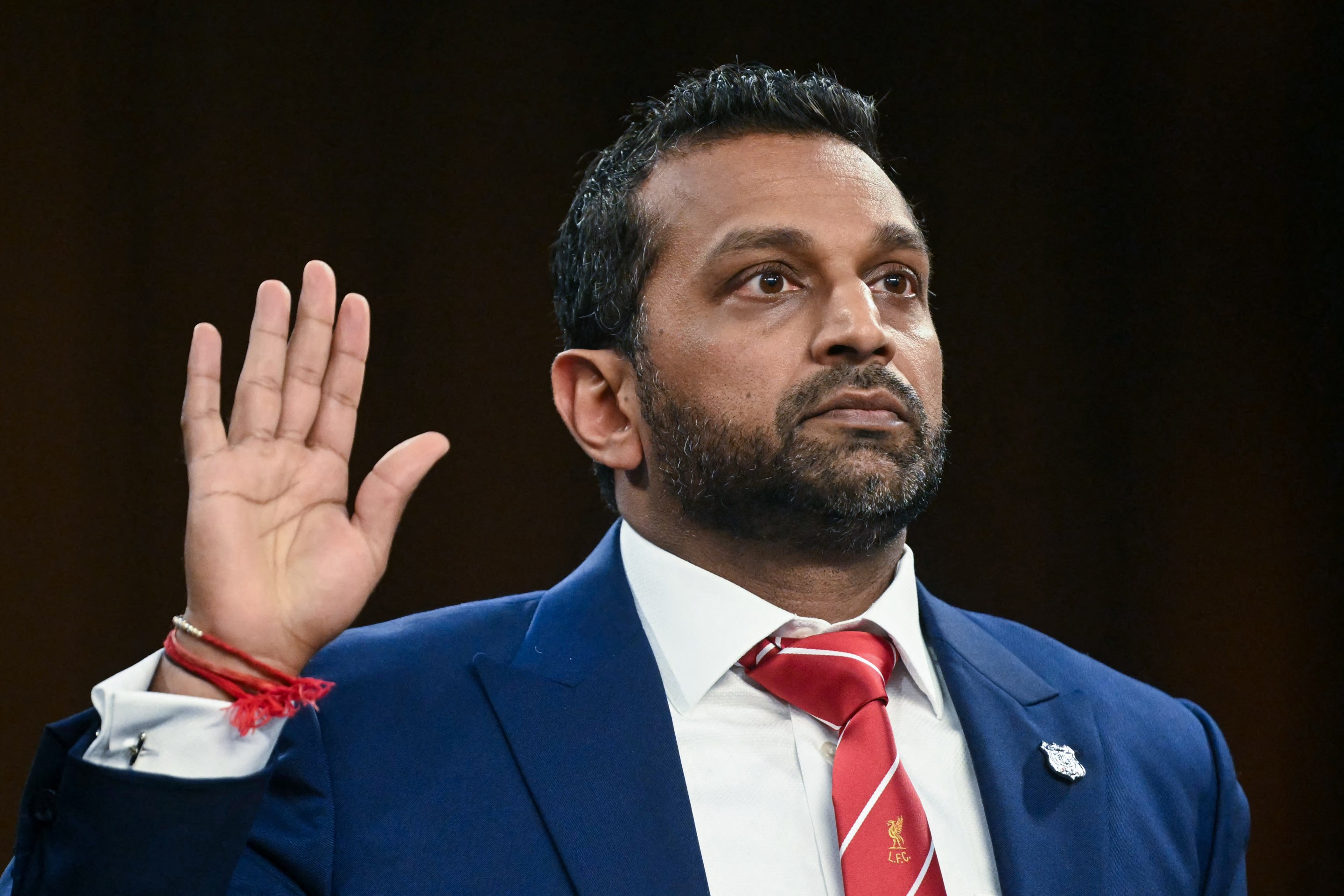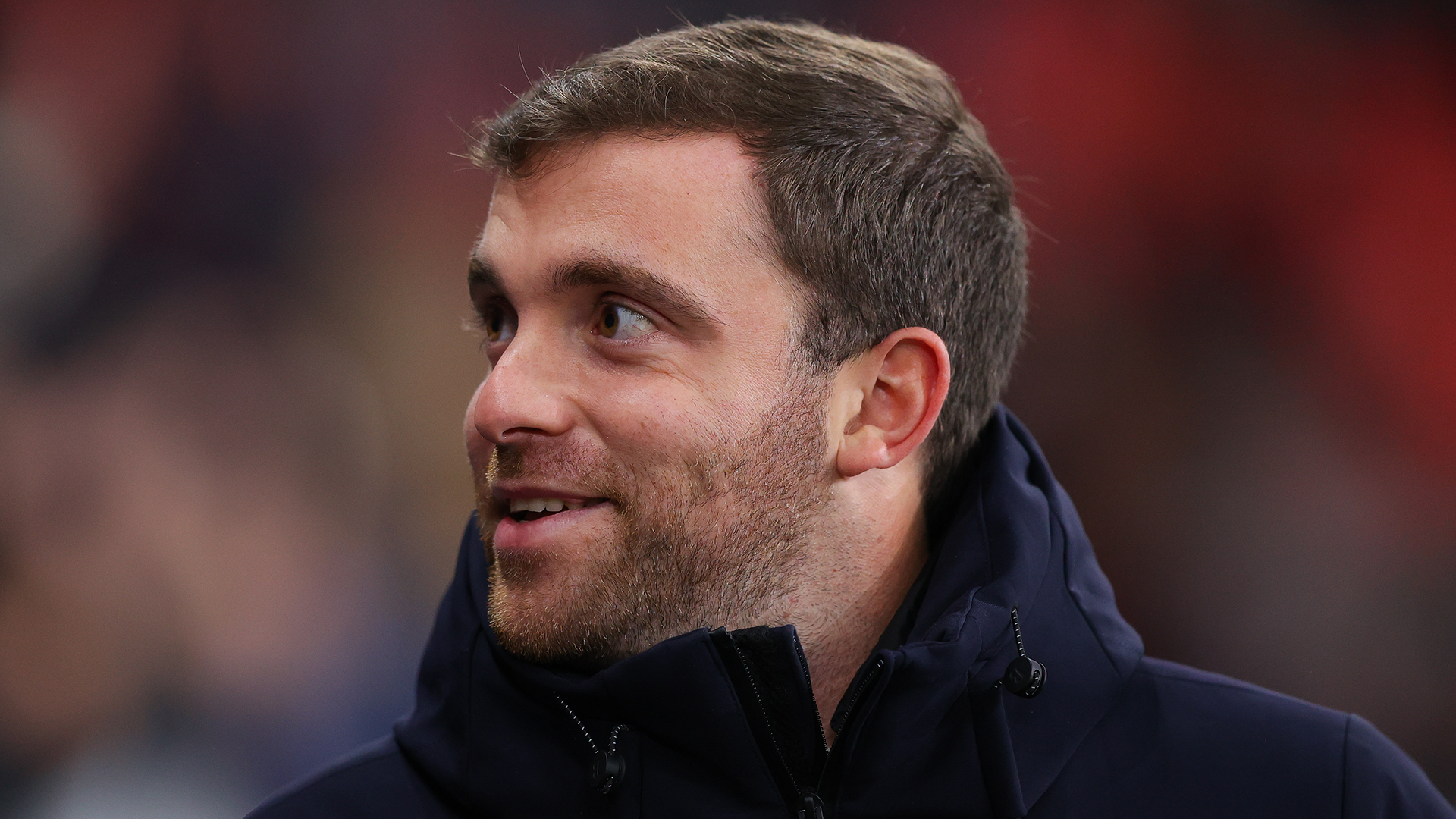In the midst of baseball's hot stove season, you can always count on one team to give fans a trade to puzzle through rather than celebrate. I am not specifically talking about the Seattle Mariners, although no one would blame you if they were the first team that came to mind. On Sunday, Jerry Dipoto did it again, trading Jarred Kelenic, Marco Gonzales, and Evan White to the Atlanta Braves in exchange for Cole Phillips—a 2022 second-round pick who has yet to throw a pitch in the minors—and Jackson Kowar, a former first-round pick with a 9.12 career ERA in the bigs who has converted from starter to reliever and whom the Braves acquired just two weeks ago. The Mariners are also sending $4.5 million to the Braves in cash. The trade is less notable for any of the players involved than it is for its powerful Mariners energy. It might indicate bigger things ahead, but it also might just be Jerry Dipoto being Jerry Dipoto.
The most obvious answer is that the Mariners, who currently rank 20th in projected payroll for 2024, are working to cut payroll solely for the sake of cutting payroll. Kelenic is not eligible for arbitration yet, but there's still roughly $29 million in guaranteed money owed White and Gonzales over the next two-plus years. If you think of the deal as the Braves agreeing to pay that money in exchange for three pre-arbitration years of Kelenic, their side of it is clear enough. The Mariners, as usual, are the mystery.
To take the path of the most generous interpretation, and avoid mean simplifications like calling the Mariners "a poverty franchise," that payroll cutting could serve some bigger purpose. The team may even be freeing up space in order to compete in the ever-growing Shohei Ohtani sweepstakes—the final $24.5 million tally would be enough to pay for about a twentieth of Ohtani's rumored deal. Or maybe they're opening room in the budget to acquire Juan Soto, or some other player of similar caliber. If you can stretch the bounds of your imagination so far as to imagine that a team making this kind of trade would also be willing to put in a real bid for a superstar, the Mariners could be in on anybody.
But until that big move gets made, the more obvious answer is a sordid, depressing, familiarly Mariners-y one. There are no possible pretenses for this trade being made to improve the Mariners on paper, in the near future or further out. Even considering the slow start to Kelenic's career and his unfortunate water cooler–kicking tendencies, he has some tantalizing upside, especially given that the accursèd Braves are now set up to rub salt in the wound for both the Mariners and Mets by turning him into a star. He should fetch far more than a return of Cole Phillips and Jackson Kowar, no matter if Jackson Kowar can be fixed.
That physical altercation with a water cooler cut it short somewhat, but Kelenic had his first season above replacement level in the bigs in 2023; 2.0 rWAR over 105 games isn't nothing, even if he did most of that work during a torrid April. But rope Kelenic in with White, who hasn't played in the bigs since 2021 and whose contract is a busted version of the pre-service special that the Braves have mastered, and Gonzales, whose familiar smoke-and-mirrors averageness had started to look like decline before undergoing season-ending surgery in June, and this feels less like a straight-up deal and far more like using Kelenic and his residual promise as a sweetener for taking on White and Gonzales's contracts. Including the extra $4.5 million to mitigate the cost is either an indication of how sweet the Braves aren't on Kelenic or how desperately Dipoto wanted to get out from under those deals.
Dumping salary isn't a particularly new strategy in sports team management, although it is a bit cute to dump salary in a league that doesn't even have a salary cap. But it sucks more than it usually does for a fun differential–fueled Mariners team that not only has Julio Rodríguez, but seems just on the edge of consistently being good. Dipoto has talked for years about the team's willingness to go for it when The Appropriate Time comes; this deal suggests that he doesn't think it's here just yet. Again, it's hard to argue with the less generous interpretation, which is that success can fall by the wayside so long as the roster adheres to whatever stringent budget restrictions owner John Stanton wants.
Until the point that Phillips and Kowar turn into legit major-league players, or until such time as the Mariners undergo a sudden change of heart and sign, say, Shohei Ohtani, it probably doesn't make sense to evaluate a trade like this as something to be won or lost. Only that sort of move could make it meaningful, or justify it. It's not for futures; it's not for anything. If you make a trade that has people adding up the guaranteed money going in either direction, there's no real way to win.






